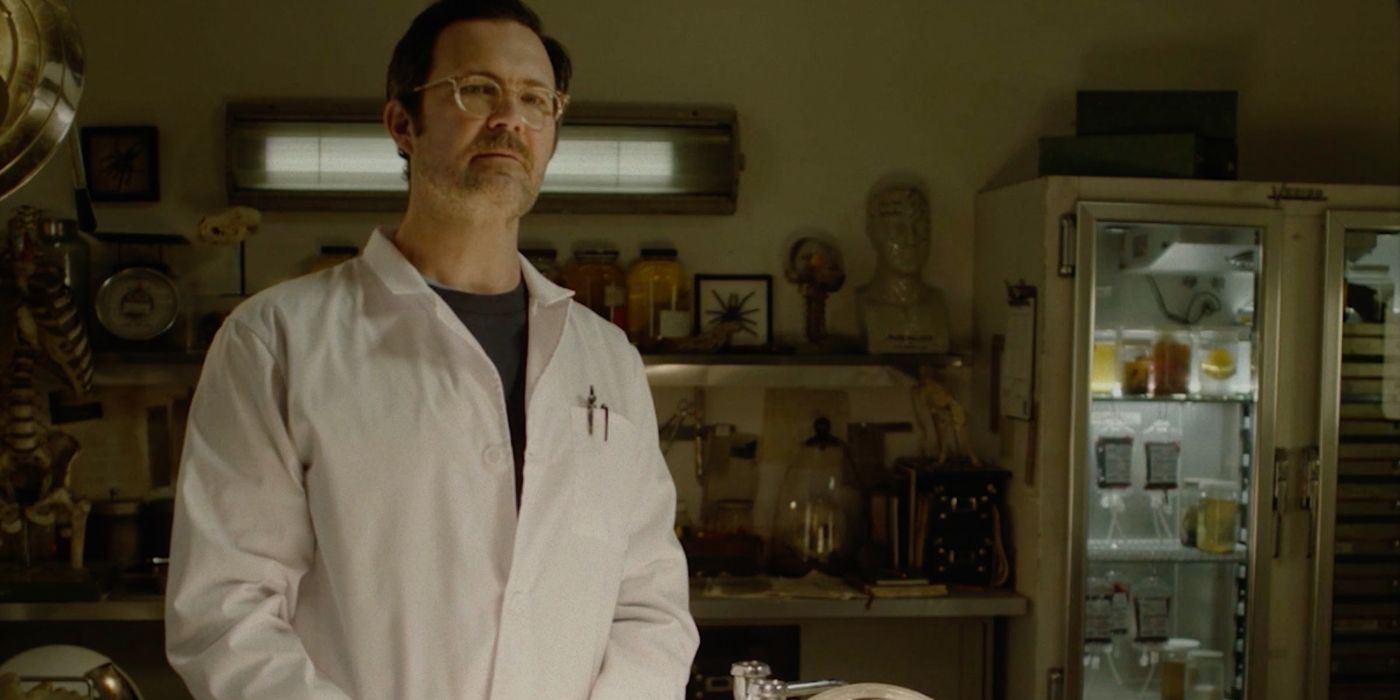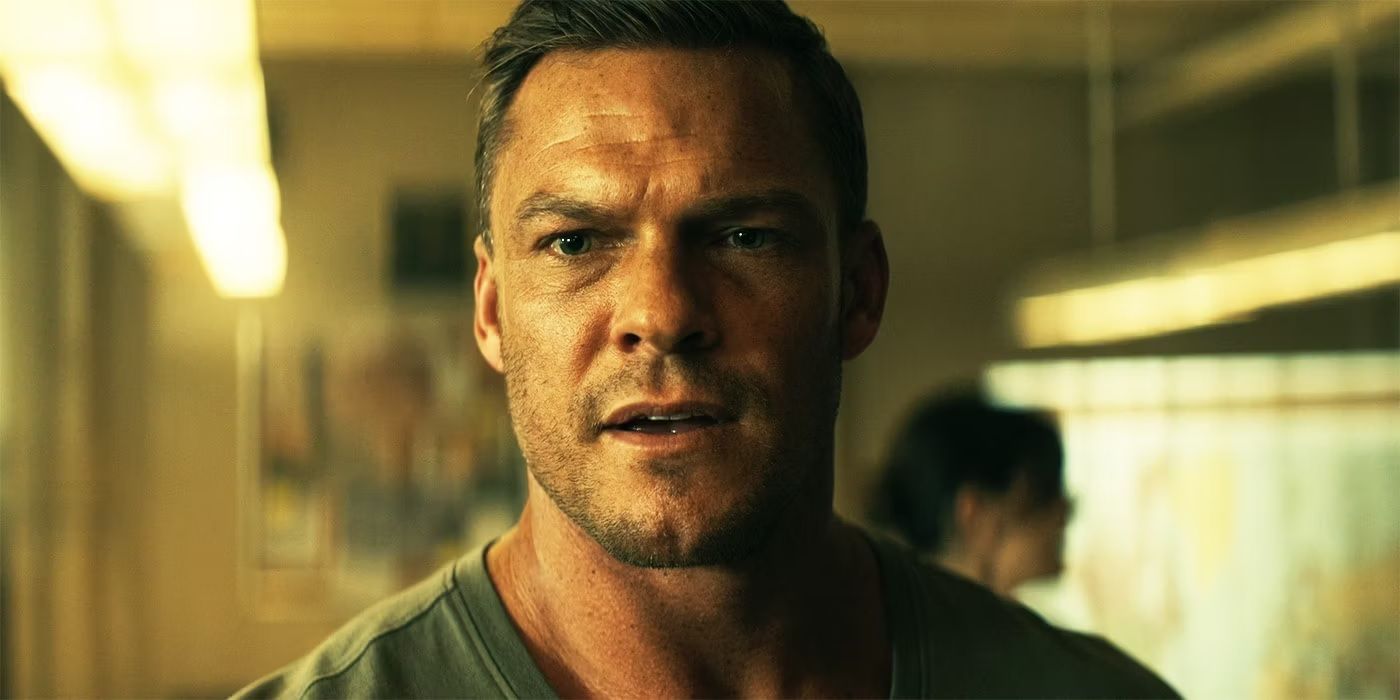It’s striking to watch this in such close proximity to Andrew Dominik’s “Blonde,” another tale of Hollywood predation centered around a fictionalized, brutalized Marilyn Monroe. For my money, “Immortality” has far more to say about the voyeuristic nature of the film camera and the leering male eyes that look through it. We watch Marissa in various states of vulnerability and undress (sex and nudity are major components of the first two films, in particular), sometimes encouraged by Marissa but inevitably colored by the power dynamics of the men she works with. In so doing, we understand the carnivorous way Fischer and Durick look at Marissa and see it reflected in ourselves. As our eyes scan footage of her frame-by-frame, or you click on an exposed breast to match-cut to another scene of the same, it’s hard not to feel complicit in that same consumption.
And Barlow, much like Dominik in “Blonde,” is hardly immune from criticism on that front. Whether Marilyn or Marissa, both figures revel in the transgressive nudity of their subjects under the guise of critiquing the male gaze that hungers for it so ravenously.
Beware: major spoilers for a fundamental layer of “Immortality”’s gameplay follows.
But what makes “Immortality” more elusive (and consequently more gripping) is that aforementioned third layer, which lies beyond the thin veneer of celluloid that separates reality from the movies. It’s subtle at first, that low, bassy thrum that plays over specific stretches of footage. Stop the tape and roll it back slowly, and something akin to a jump scare comes; where Marissa stood, you see a mysterious woman (a haunting, revelatory Charlotta Mohlin) in her place, slinking through the frame like a serpent. Her words are enigmatic and spare but speak volumes, especially as you apply the same trick to more and more clips, uncovering the darker, anguished side of Marissa’s life as an artist.
Is she something supernatural, the living embodiment of the Greek muses? Is she the metaphorical expression of Marissa’s sublimated frustrations about the artistic process and her place in it? Blissfully, this element of the game makes room for both interpretations.
Through Mohlin’s staggering performance, anchored with centuries of pain and hurt, comes “Immortality”’s most beautiful moments. This culminates (for me, at least, you can view the proceedings in whatever order you like) in a gut-punch lip-sync of Lou Reed’s “Candy Says”—a mournful love song about transgender woman Candy Darling, one of Andy Warhol’s “superstars” (a figure who himself floats in the periphery of Marissa’s New York artist world).
You can view the original article HERE.




























